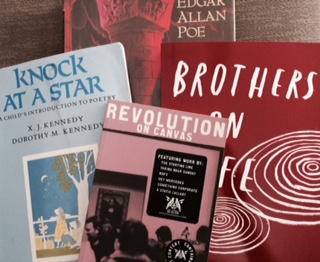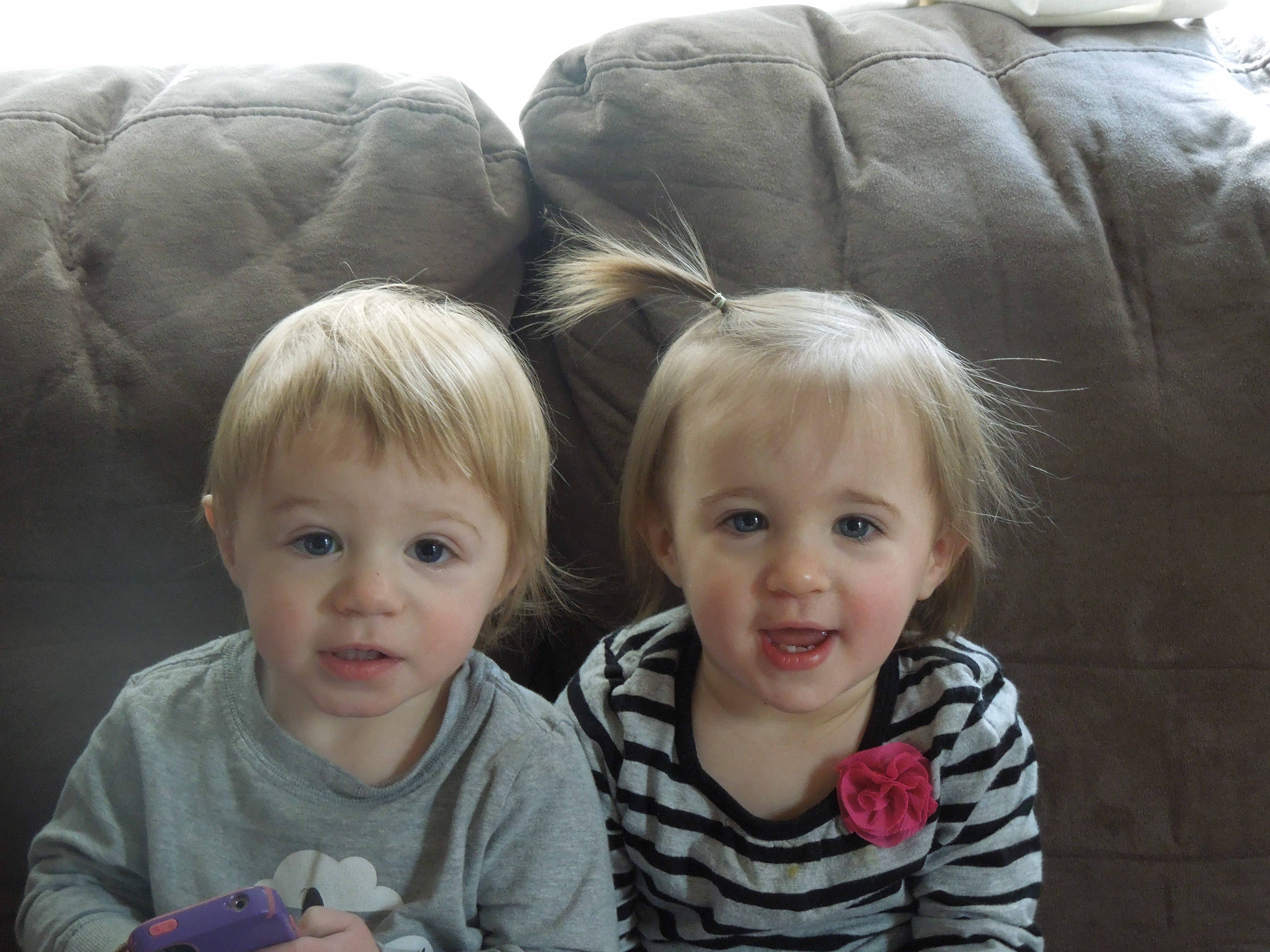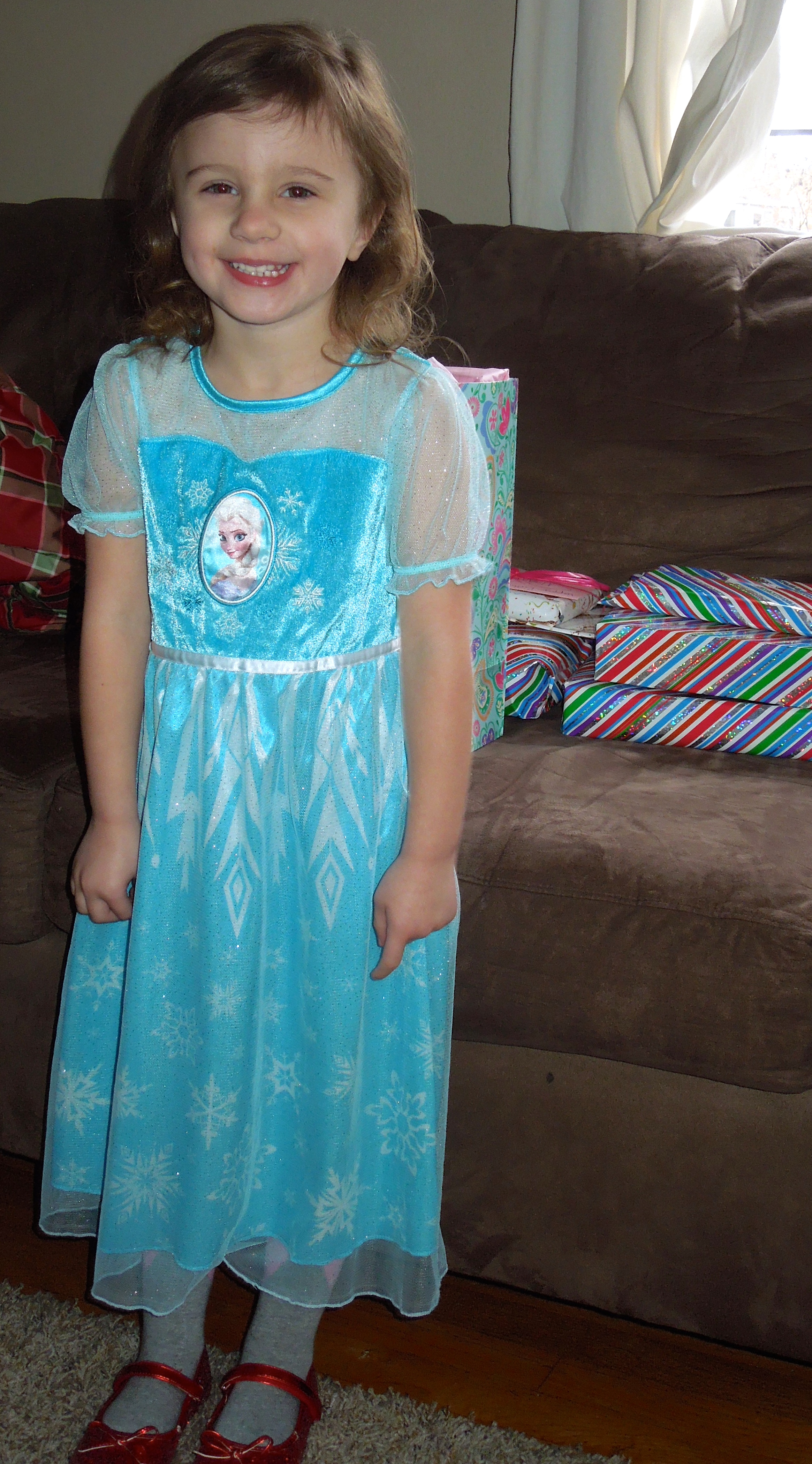I’m blogging today over at Ladies Who Blog Book Club, on chapter 2 of “Feminism is Not the Story of my Life” by Elizabeth Fox-Genovese, on femininity and feminism.
I read all of chapter 2, waiting for her to get to the really good stuff. Then I realized that the chapter was over. Oops. My initial reaction, which I wrote in the margins at the end said, “This chapter is dated, re: lipstick feminism”. The point has been made by several other ladies here that the research and information in this book is dated, so I don’t think I have to prove myself on that claim. However, I’d like to mention the one part of the chapter that I thought was really interesting, before I talk about what I *wish* had been in this chapter. What I wish she said about being feminine in 2010.
In talking of Naomi Wolf, author of The Beauty Myth: How Images of Beauty are Used Against Women, E F-G touches on what I felt to be one of the only points from this chapter that still feels like it makes sense in light of the experience of feminism and femininity that I had growing up, and more importantly, that my generation has had since 1996 (when I was in 6th grade and this book came out).
“Wolf echoes the complaints of generations of feminists who, from Mary Wollstonecraft to the present, has criticized the ways that feminine fashion keeps women in thrall to men. Simone deBeauvoir, in The Second Sex, especially deplored women’s disadvantage in a culture in which they must always look young and beautiful, while men could grow old in the security that the character and power etched on their faces would only enhance their appeal to the opposite sex.” (39)
I read that and thought, yeah! Look at drastic increase in things like botox and plastic surgery, or just that often the mothers of teenagers look like teenagers themselves. I wish this chapter had explored some of the implications of what’s called “lipstick feminism” or “sex and the city feminism” for lack of a better term. It’s this kind of “feminism” which I think was trying to revive the ideals of feminism, but make them more palatable to women who like to shop, wear makeup, and wouldn’t ever dream of going braless outside of their house.
The tagline is all about “empowerment”. It’s supposed to be empowering to be both sexually aggressive and disdainful of men at the same time. I’m not entirely sure who it is supposed to be empowering though. I say that because I used to live that. I bought into this idea of feminism which suggests that real “freedom” is the ability to sleep with anyone you’d like, at any time, for any reason, regardless of whether or not you even know or care about the man. Something I heard in college that I really internalized for many years was this: “Men should be like Kleenex. Soft, strong, and disposable.” Your girlfriends are your loves, the ones who know your heart; men are just people you have sex with.” How many women of my generation have taken this to heart?
While the pendulum has swung from “let’s all wear flannel and drive fork-lifts and who needs a man” feminism to “let’s all walk around half-naked and use men for sex while wearing skirts and heels” feminism, I don’t think that the latter is an improvement over the former.
What I’d love to see is a feminism, and a femininity that allows women to be women. Who sometimes like to wear dresses or skirts, or who always love them, or who can’t stand them. Who sometimes wear makeup, or always wear makeup, or hate to wear makeup. Who understand that there are more important things in life than lipstick, and 500$ handbags, and putting yourself first. But who also understand that there is something irreplaceable about the feel of a summer sundress and that “just came from the salon” sensation.
In essence, what I’m advocating for is a type of religious feminism. One that helps women to see that their value and dignity as women comes not from their waist size, or hair color, or shoe style, but from being made in the image of God, as a woman. That’s true femininity. Everything else, all of the makeup, and dresses, and all of it, is just icing on the cake. Pretty icing. Fun icing. Icing that is an avenue for bonding among women. But icing just the same.
That’s what I wish this chapter had been about.















